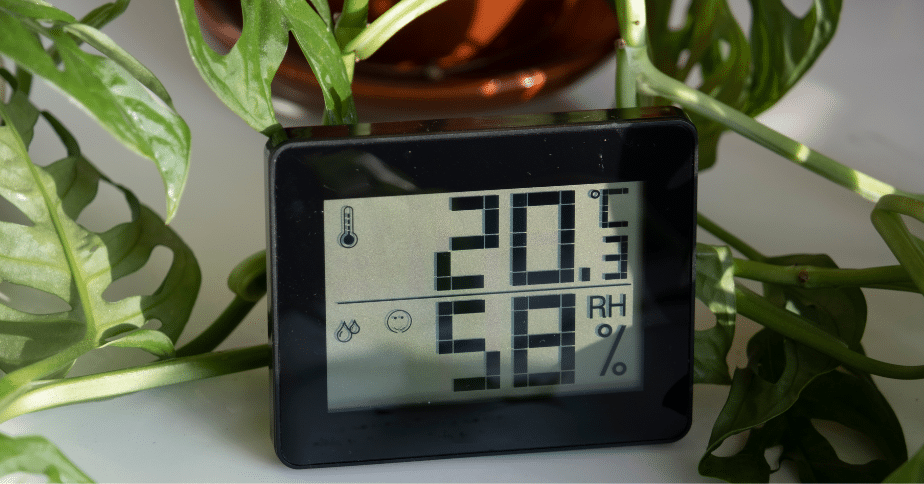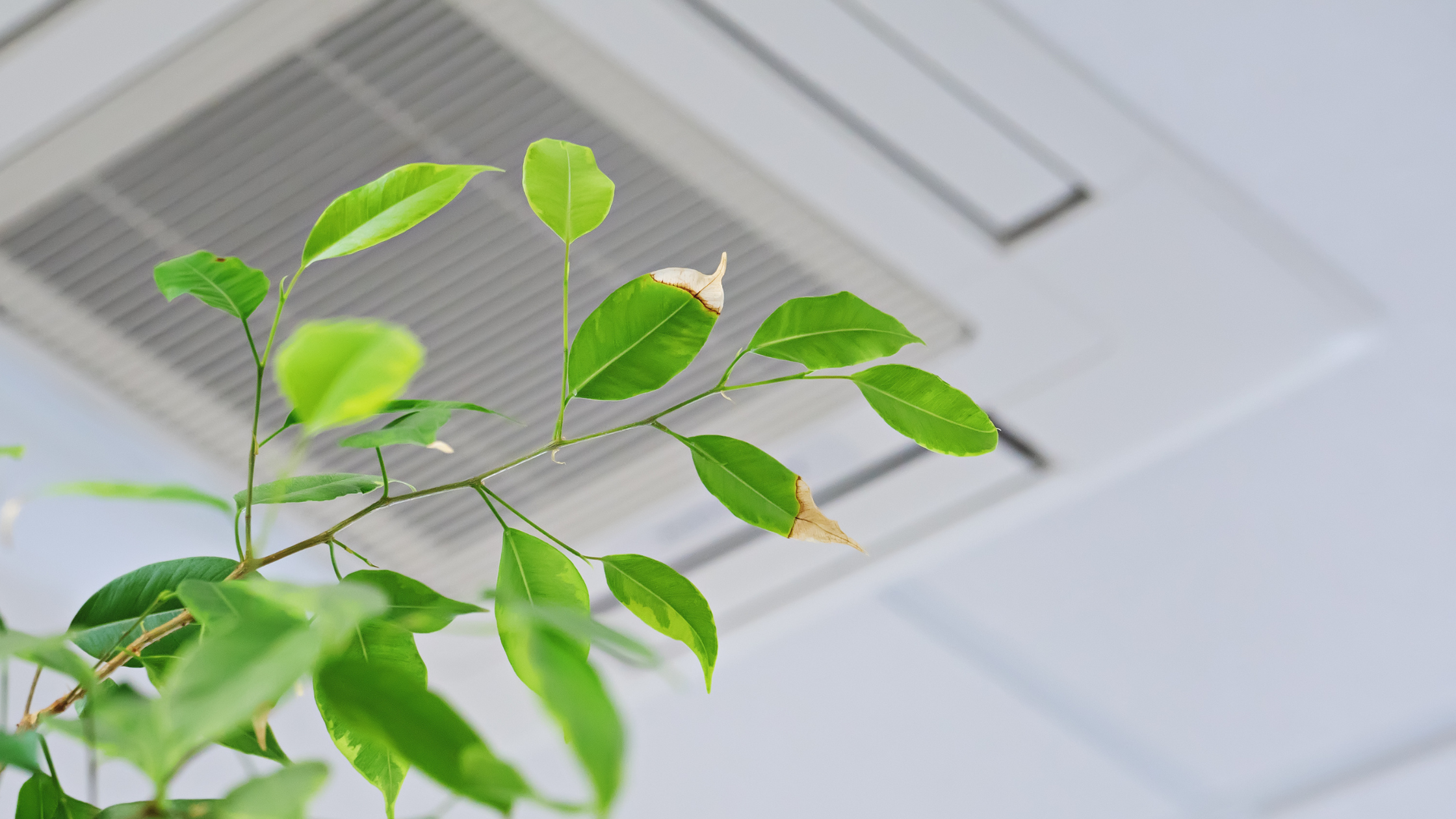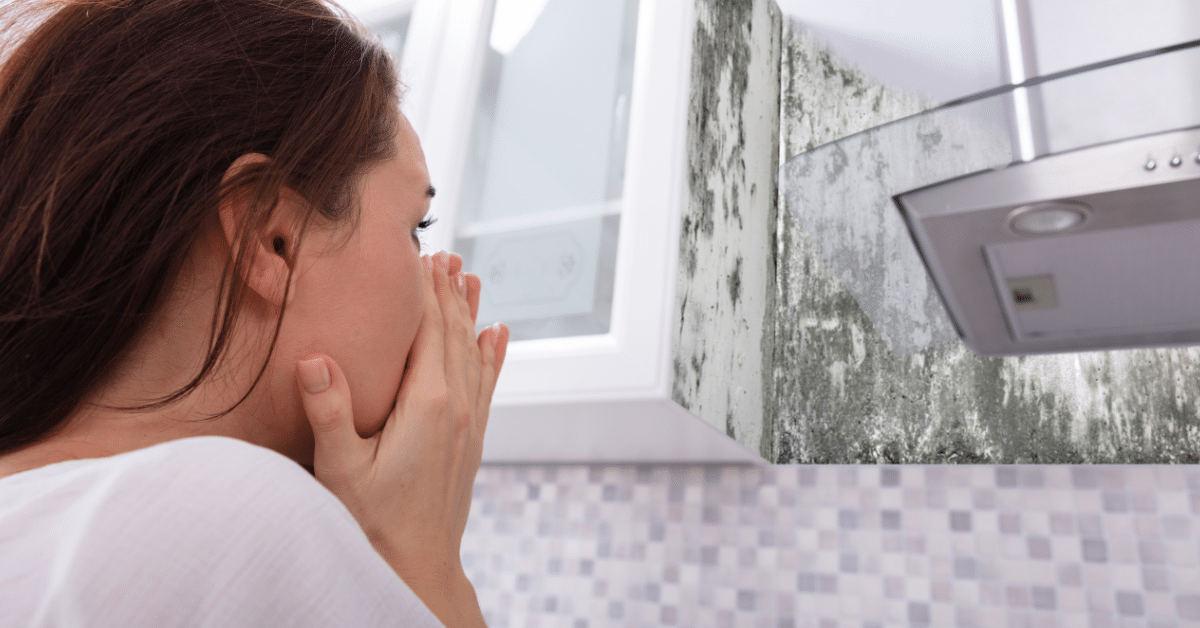Summer Allergies & Air Quality

The transition from winter’s cooler temperatures to summer’s sweltering heat and humidity can affect more than just our wardrobe choices, even in Florida. It can also significantly impact the air quality in our homes, making indoor air quality testing a necessity, especially for those suffering from summer allergies.
If the idea of stepping outside during the height of pollen season or amidst poor outdoor air quality is discouraging, the sanctuary of your home should not pose additional threats to your health. But without professional mold inspection and indoor air quality testing, it can be difficult to know whether your indoor environment is safe for you and your family.
Understanding Good Indoor Air Quality in Summer
What constitutes healthy indoor air quality during the summer months? Here’s a simple guideline:
- Temperatures around 70 to 74 degrees Fahrenheit
- Relative Humidity between 50-65%
- Airborne particles (dust, pollen, mold) below 25 micrograms per cubic meter, ideally below 500,000 particles per cubic foot of air
- VOC’s (Volatile Organic Compounds) below 3ppm
- Formaldehyde below 0.05 mg per cubic meter
- CO2 levels below 800ppm for optimal ventilation
These parameters, among others, are what experts focus on during indoor air quality testing or an indoor environmental assessment.
How An Expert Assesses Your Indoor Environment
If you choose to have an air quality assessor come out to your home, they will use a range of tools to conduct comprehensive assessments, which include:
- Temperature and relative humidity instrumentation
- Testing for CO and CO2
- Particle count for airborne particulates
- Monitoring for airborne PM, VOC, and Formaldehyde
- Thermal imaging and moisture meter for dampness
- Airborne mold spore testing to ensure a normal indoor environment for mold spores
With the high heat and humidity of a Florida summer, combined with the likelihood of elevated seasonal allergy triggers, having optimal indoor air quality is more essential than ever.
Maintaining a Healthy Indoor Environment
To ensure healthy indoor air quality, it’s important to:
- Understand and manage the sources of indoor air pollution in your home
- Improve the air quality in every room, including your bedroom, living room, and kitchen
- Clean your house properly and regularly to avoid introducing allergens
- Balance your home’s humidity to prevent exacerbating asthma and allergies
- Invest in air cleaners and understand their utility
- Keep a check on dust mites, one of the most common indoor allergens
At Air Quality Assessors, we are committed to helping Panama City Beach and surrounding area residents improve their indoor air quality, minimize seasonal allergy reactions, and create a healthier, more comfortable living environment. We’ve been in this field for many years, offering detailed and professional indoor air quality tests and environmental assessments. As your trusted air quality partner, we’re ready to guide you through the process of ensuring a safer, cleaner home this summer and beyond. Give us a call at 407-233-0493 or email us at info@airqualityassessors.com.



